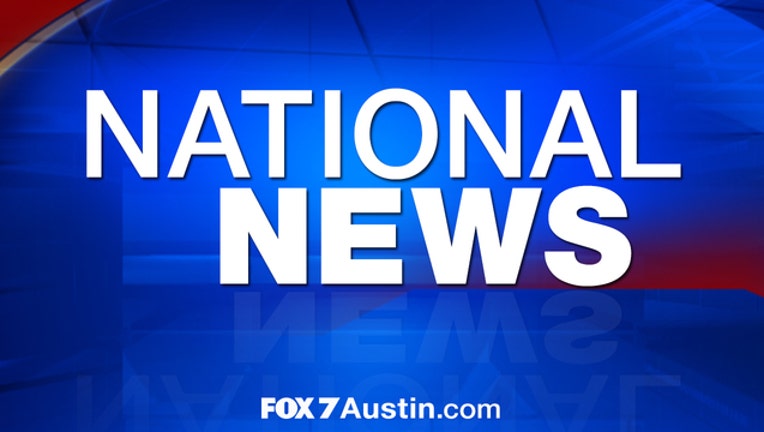US governors meet to discuss challenges facing their states

PROVIDENCE, R.I. (AP) - More than half of U.S. governors are meeting this week to discuss the biggest challenges facing their states.
Those include the possibility of major changes to Medicaid and states' health insurances marketplaces under the Republican health care plan in Congress, the ongoing opioid epidemic and the impact of climate change.
The National Governors Association is holding three days of meetings in Providence, beginning Thursday. Vice President Mike Pence and Canadian Prime Minister Justin Trudeau are expected to address the gathering. Governors from more than 30 states, Puerto Rico and the U.S. Virgin Islands have said they'll attend.
Senate Majority Leader Mitch McConnell plans to introduce a revised health care bill Thursday that the vice president says will "begin the end" of former President Barack Obama's health care law.
Connecticut Democratic Gov. Dannel P. Malloy, who is attending the summer meeting, said there's no way he can support any version of a revised Republican health care bill.
"Their plan is to kill health care," he said.
Malloy said Republicans in Congress would do so by phasing out the subsidy many states used to expand Medicaid and by ending pre-existing condition protections, all to pay for a tax cut for the wealthiest Americans. Malloy, chairman of the Democratic Governors Association, said there are other ways to save money on health care. States could be allowed to run health insurance exchanges in cooperation with one another, for example, Malloy said.
Virginia Democratic Gov. Terry McAuliffe and Massachusetts Republican Gov. Charlie Baker jointly wrote a letter in late June to McConnell, asking him to give states sufficient time to review any proposed legislation before proceeding. McAuliffe said Wednesday night that there has still been no outreach to the governors on health care reform.
"I'm just disappointed that they have not reached out to us, the people who have to run these programs in the states," said McAuliffe, chairman of the National Governors Association. "We know these programs better than anybody because we deal with them every day. And we know how it affects our budget. We know how it affects our citizens and we have some very good ideas."
A governors-only session at the summer meeting will give the chief executives a chance to ask questions of U.S. Health and Human Services Secretary Tom Price and Seema Verma, the administrator of the federal Centers for Medicare and Medicaid Services.
But, McAuliffe said, that's not outreach if McConnell already has unveiled the revised bill. McAuliffe would like to see states be given more flexibility and authority to implement policies to bring costs down and cover more people.

